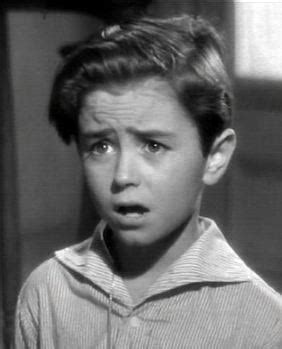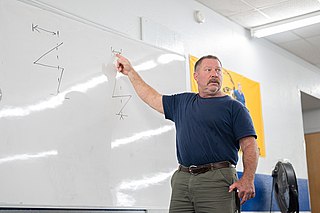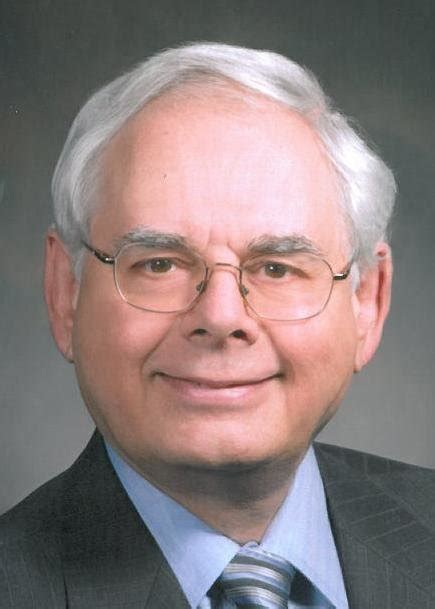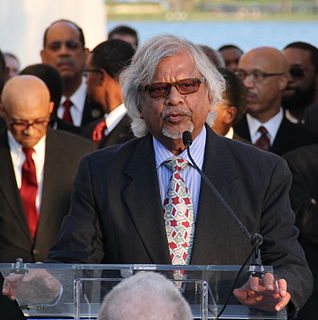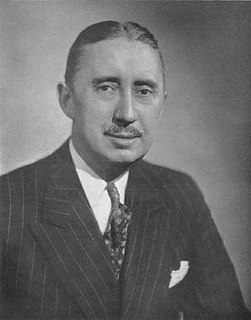A Quote by Charles Bates
Most philosophies wrap their seekers in a strict belief system. By virtue of what they include, they exclude everything else, especially some vital realizations. Periodically revising our philosophy of life as we live it is, therefore, a critically valuable exercise.
Related Quotes
The philosophies that have been inspired by scientific technique are power philosophies, and tend to regard everything non-human as mere raw material. Ends are no longer considered; only the skillfulness of the process is valued. This also is a form of madness. It is, in our day, the most dangerous form, and the one against which a sane philosophy should provide an antidote
Live by what you believe so fully that your life blossoms, or else purge the fear-and-guilt producing beliefs from your life. When people believe one thing and do something else, they are inviting misery. If you give yourself the name, play the game. When you believe something you don't follow with your heart, intellect, and body, it hurts. Don't do that to yourself. Live your belief, or let that belief go. If you are not actively living a belief, it's not really your belief, anyway.
How can a man find a sensible way to live? One way and one only- Philosophy. And my philosophy means keeping that vital spark within you free from damage and degradation, using it to transcend pain and pleasure, doing everything with a purpose, avoiding lies and hypocrisy, not relying on another person's actions or failings. To accept everything that comes, and everything that is given, as coming from that same spiritual source.
Yet spiritual realizations often remain compartmentalized, apart from everyday life, or become used as a rationale for living in an impersonal or soulless way. That is why, if we are to live our realizations and bring them into this world, we also need to work on the vessel of spirit - our embodied humanity. Soulwork is the forging of this vessel... If spiritual work brings freedom, soulwork brings integration. Both are necessary for a complete human life.
We live in a day when the adversary stresses on every hand the philosophy of instant gratification. We seem to demand instant everything, including instant solutions to our problems. . .It was meant to be that life would be a challenge. To suffer some anxiety, some depression, some disappointment, even some failure is normal.
From what deep springs of character our personal philosophies issue, we cannot be sure. In philosophers themselves we seem always able to notice some deep internal correspondence between the man and his philosophy. Are our philosophies, then, merely the inevitable outcome of the body of fate and personal circumstance that is thrust upon each of us? Or are these beliefs the means by which we freely create ourselves as the persons we become? Here, at the very outset, the question of freedom already hovers in the background.
Satyagraha is the pursuit of truth. My grandfather believed that truth should be the cornerstone of everybody's life and that we must dedicate our lives to pursuing truth, to finding out the truth in our lives. And so his entire philosophy was the philosophy of life. It was not just a philosophy for conflict resolution, but something that we have to imbibe in our life and live it all the time so that we can improve and become better human beings.
Our Creator has put in us hungers that this earth can- not satisfy. We cannot be completely self-contained on earth. Physical sense cannot give us a full life, nor can knowledge alone. No life is full unless it is linked to some- thing that goes on after we are dead.... If we have nothing more to live for than just to get ahead in a competitive system, then democracy will go down before other philosophies.
